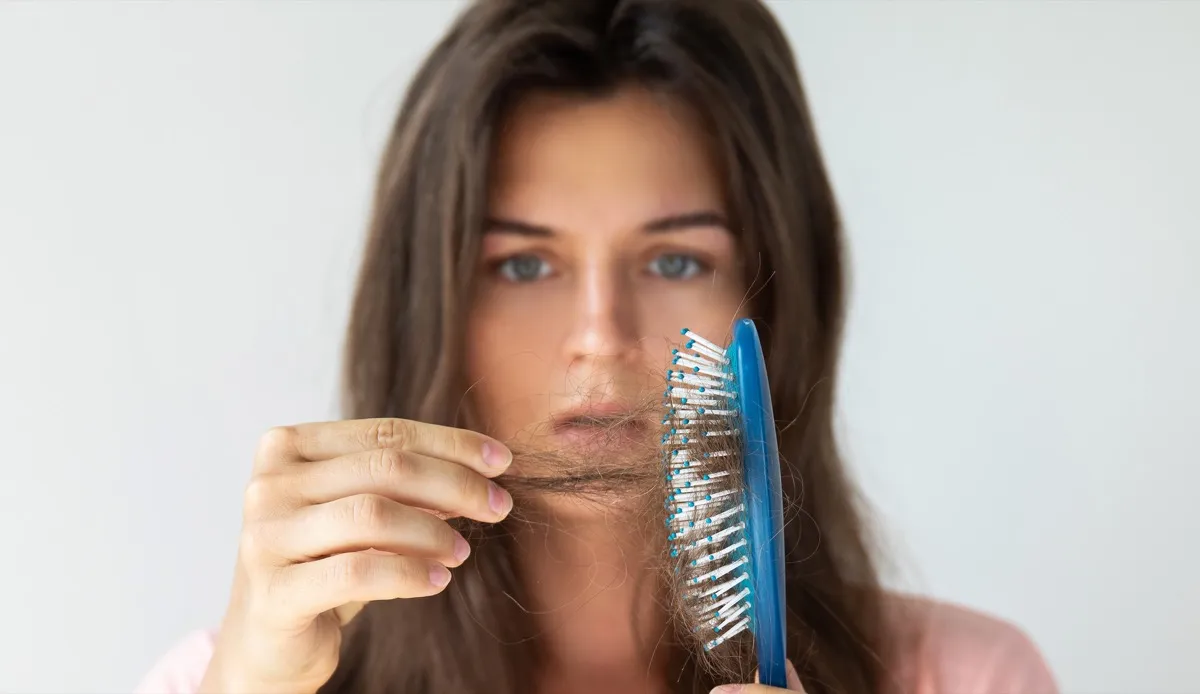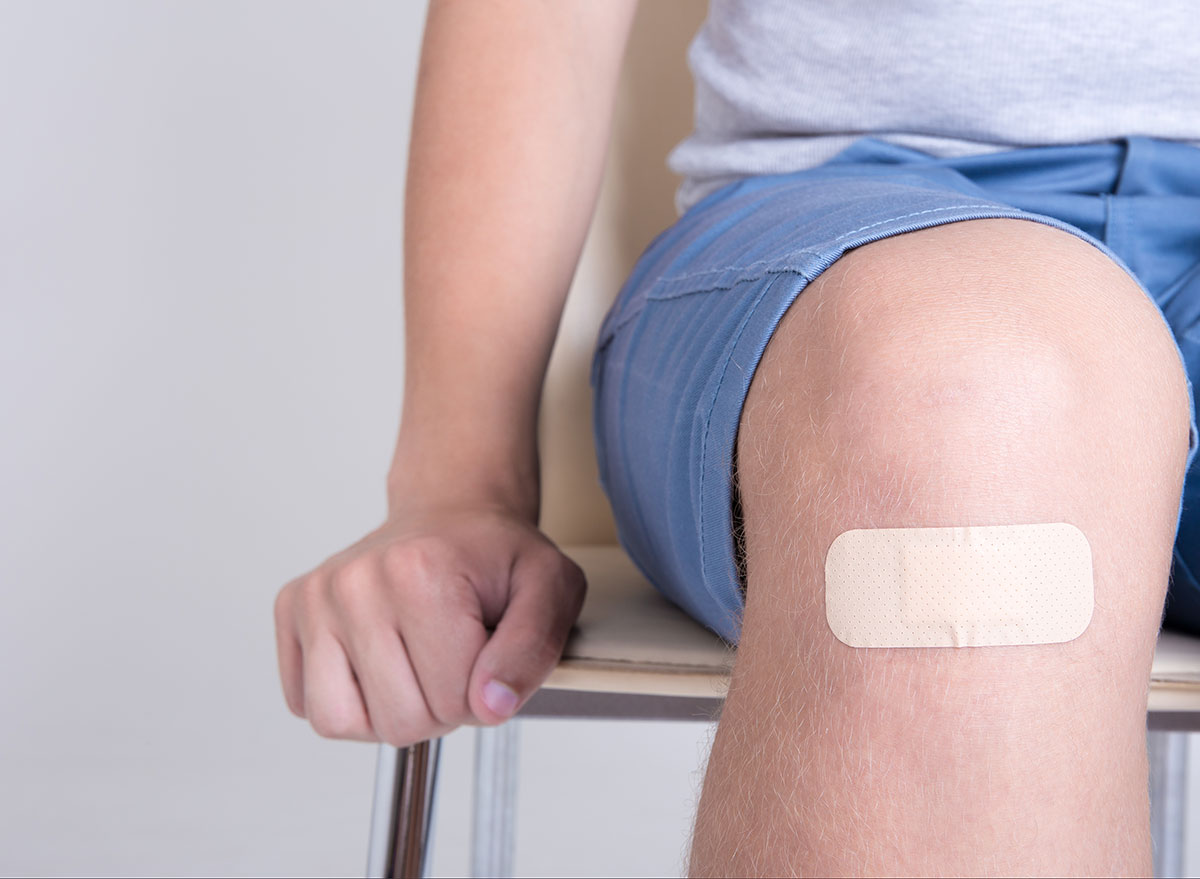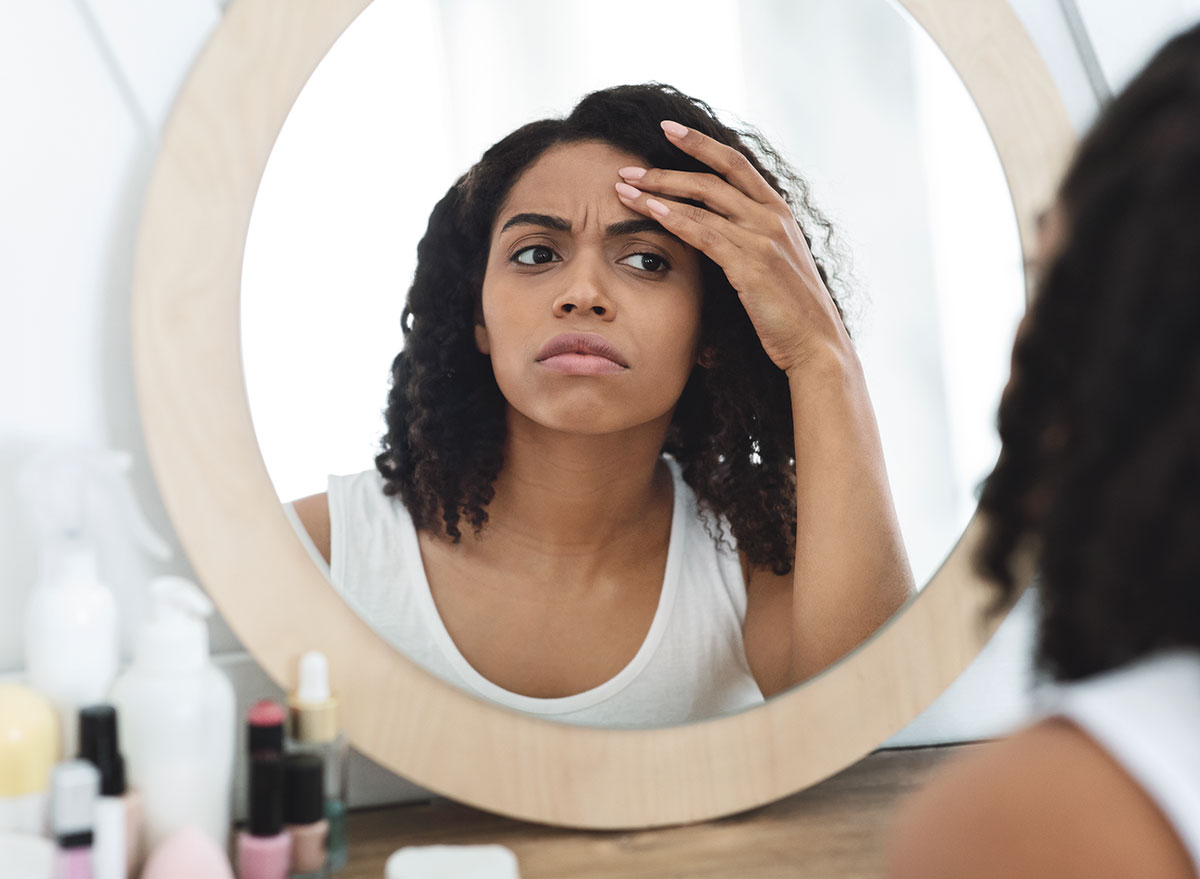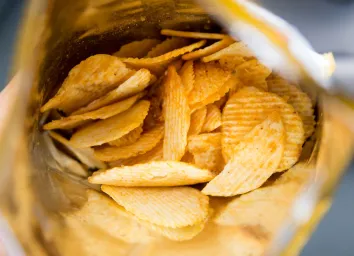Worrisome Signs You're Eating Too Many Terrible Foods, Says Science

Your body is the most sophisticated organism on the planet, a wildly fuel-efficient and self-sustaining engine capable of processing energy, ridding itself of toxins and waste, regulating its own temperature, and even protecting itself from harmful infection. But if you're stuffing your body with too many of the wrong foods—bad, ultra-processed, and less nutritious ones—this wonderfully complex marvel of nature starts to sputter and break down.
After all, as Stephen Kopecky, M.D., a cardiologist at the Mayo Clinic, once noted, our bodies just weren't designed to eat so many of the terrible foods (and specifically fried foods) that so many of us consume on a daily basis today. "If you have a diesel engine, you don't put gasoline in your diesel tank," he says. Curious what some of those subtle signs are you're putting the wrong fuel in your tank? Read on, because we've included at least of a few of them right here. And for more signs you're living an unhealthy lifestyle, don't miss The #1 Danger Sign You're Drinking Too Much Alcohol, According to Doctors.
Small cuts and scrapes take forever to heal.

Ever accidentally nicked a finger while chopping onions and noticed that the wound remained there for a really, really long time? Your diet could be partly to blame. Cuts and wounds require plenty of nutrients to heal, and a diet ultra-low nutrients will affect your recovery time.
According to a study of intensive-care patients published in the journal World Review of Nutrition and Dietetics, "preclinical and observational studies depict the deleterious effect of insufficient energy, protein, and micronutrients on wound healing and on pressure ulcer (PU) burden, and demonstrate that serious PUs raise patients' daily energy expenditure." In other words, your diet affects your ability to heal your own flesh—including bedsores—and if you have a serious wound, your metabolism kicks into overdrive to rectify matters.
Your hair is getting brittle or thinning.

Your hair follicles need sufficient nutrients to function in an optimal way. According to a study published the journal Dermatology Practical & Conceptual, a lack of iron (found in seafood, beans, nuts, whole grains, and meats), Zinc (found in meats, shellfish, seeds, dairy, and eggs), B vitamins such as niacin (found in chicken, lean meats, mushrooms, and brown rice) and other nutrients such as vitamins D, A, E, and folic acid (found in leafy greens) can all negatively affect your body's ability to grow healthy hair or even hair at all.
Your oral health is suffering.

"Inflamed or bleeding gums and cavities are both signs of a poor diet," writes Kristin Kirkpatrick, MS, RD, LD, of the Cleveland Clinic. "If you find yourself at the dentist for fillings, think about how many sugary drinks and foods you are consuming. In addition, swollen or bleeding gums often are associated with getting too little vitamin C in your diet. You can boost vitamin C with foods such as strawberries, tomatoes, leafy green vegetables and potatoes."
Your skin is showing signs of aging.

According to a study published in Dermato Endocrinology, depriving your body of good nutrition will affect your appearance. "The best prevention strategy against [extrinsic skin aging effects] is a well regulated lifestyle (caloric restriction, body care and physical exercise for body), with low stress conditions and a balanced nutritional diet, including anti-oxidative rich food."
Those foods should include "antioxidants such as carotenoids, tocophenols, and flavonoids, as well as vitamins (A, C, D, and E), essential omega-3-fatty acids, some protreins." To enrich your body with those nutrients, be sure to get your daily servings of fruits and vegetables. For more great health advice you can use, make sure you're up-to-speed on the 100 Worst Foods on the Planet.








